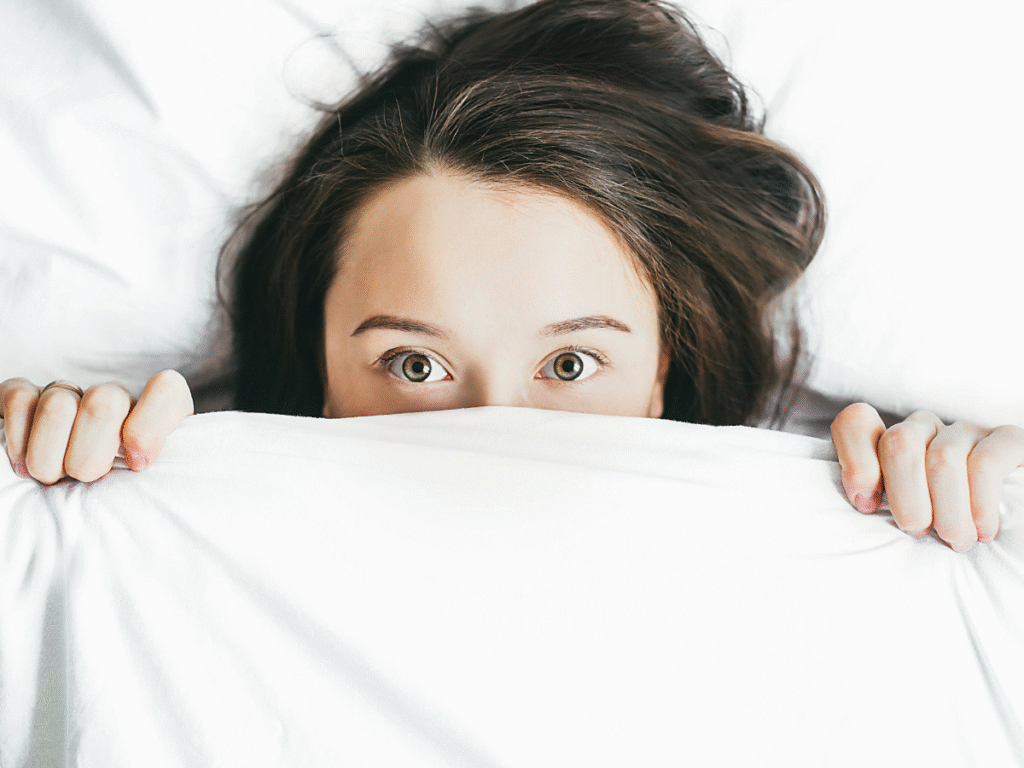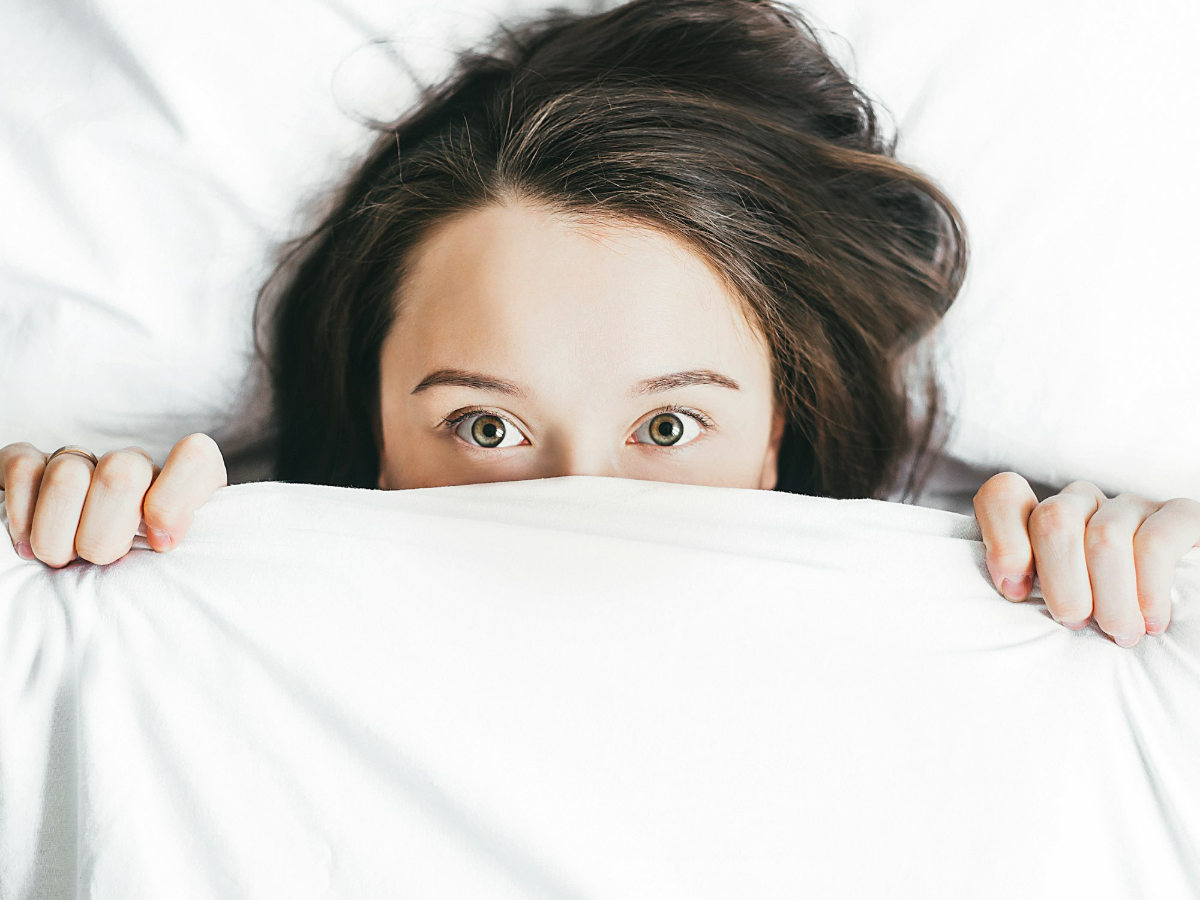Getting Better Sleep: A Practical Guide to Rest and Rejuvenation
Sleep is the cornerstone of good health. It’s the time when your body and brain recharge, process the day’s information, and consolidate memories (Source 5.1). Yet, in our fast-paced world, many of us struggle to get the rest we need. The good news is that adopting a few simple habits, often referred to as “sleep hygiene,” can dramatically improve your sleep quality and overall well-being.

1. The Power of Routine: Consistency is Key
Your body has an internal clock, known as the circadian rhythm, which works best when it’s kept on a consistent schedule. Going to bed and waking up at the same time every day, even on weekends, helps regulate this clock and makes it easier to fall asleep and wake up feeling refreshed (Source 1.2).
- Establish a Relaxing Bedtime Ritual: Dedicate the last 30 to 60 minutes before bed to a wind-down routine (Source 2.3). This could include reading a book (not on a screen!), taking a warm bath, listening to soothing music, or practicing gentle stretches. This signals to your body that it’s time to transition from wakefulness to sleep.
- Avoid Stimulants: Steer clear of caffeine and nicotine, especially in the afternoon and evening, as they are stimulants that can interfere with your sleep cycle (Source 2.4).
- Limit Alcohol: While alcohol may initially make you feel sleepy, it can disrupt your sleep patterns later in the night, leading to more frequent awakenings (Source 2.2).
2. Optimize Your Environment: Transform Your Bedroom into a Sanctuary
The physical space where you sleep plays a major role in how well you rest. By creating an ideal sleep environment, you can minimize distractions and encourage your body to relax.
- Keep it Cool, Dark, and Quiet: Most experts agree that the ideal temperature for sleep is between 60 and 67 degrees Fahrenheit (15.6 and 19.4 degrees Celsius) (Source 3.3). Use blackout curtains or an eye mask to block out light, as darkness promotes melatonin production. Earplugs can help muffle distracting sounds (Source 3.1).
- Use Soothing Sounds: While a quiet environment is often best, some people find that certain sounds help them fall asleep. A white noise machine can help mask disruptive noises like traffic or noisy neighbors. Others may prefer ambient sounds like nature sounds or calming music to create a more peaceful atmosphere (Source 3.4).
- Choose the Right Bedding: Your mattress and pillows should be comfortable and supportive. A good pillow can prevent neck pain and headaches, contributing to a more restful night (Source 3.3).
- Remove Screens: The blue light emitted from phones, tablets, and computers can suppress the production of melatonin, making it harder to fall asleep (Source 2.2). Make a habit of putting all electronic devices away at least an hour before bed.
3. The Role of Lifestyle: Diet and Exercise
What you do during the day has a direct impact on your ability to sleep at night. A healthy diet and regular physical activity are two of the most effective ways to promote good sleep.
- Exercise Regularly: Consistent physical activity can significantly improve sleep quality and even help reduce the symptoms of sleep problems like insomnia (Source 4.1). However, be mindful of timing. Avoid intense workouts too close to bedtime, as the increase in stress hormones can make it difficult to wind down (Source 2.4).
- Watch What You Eat: A balanced diet rich in fruits, vegetables, and fiber has been linked to better sleep. Avoid heavy meals, spicy foods, and large amounts of liquid right before bed, as digestion can interfere with sleep (Source 4.3). If you’re hungry, opt for a light, healthy snack.
By integrating these practices into your daily life, you can take control of your sleep health. Getting a good night’s rest is not a luxury—it’s a necessity for your physical and mental well-being.
Citations
- Source 1.2: About Sleep – CDC
- Source 2.3: Mastering Sleep Hygiene: Your Path to Quality Sleep – Sleep Foundation
- Source 2.4: 13 healthy sleep habits | MD Anderson Cancer Center
- Source 3.1: Sleep tips: 6 steps to better sleep – Mayo Clinic
- Source 3.3: How to Make a Sleep-Friendly Bedroom – National Sleep Foundation
- Source 4.1: The Connection Between Diet, Exercise, and Sleep – Sleep Foundation
- Source 4.3: Nutrition and Sleep: Diet’s Effect on Sleep – Sleep Foundation
- Source 5.1: Sleep Matters: The Impact Of Sleep On Health And Wellbeing | Mental Health Foundation


Leave a Reply